The moment we log on to social media, step out of the elevator at a conference, or hand a bookmark to a nodding acquaintance, we fill a space in a reader’s experience as well as their imagination. As authors, our presence carries double weight because our behavior and our work braid together in the public eye. A random word might ignite a bestseller or kill the same book in its cradle. Small wonder that many authors would rather hide in the writing cave, but in the modern publishing world, self-promotion is not an extra. It comes with the job description.
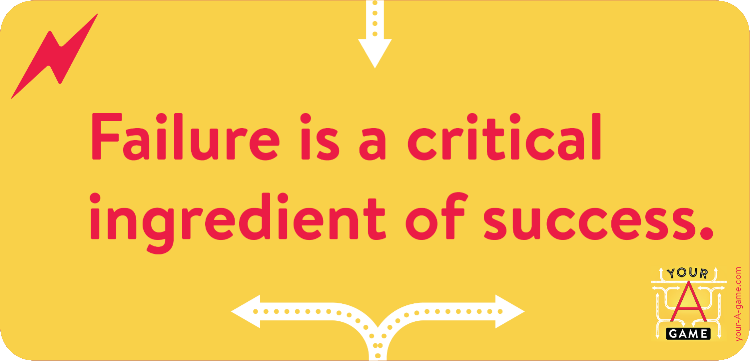
On the whole, authors are a neurotic lot. We spend a lot of time on our lonesome making stuff up. Our job requires a penchant for drama and carefully chosen words. Naturally, we see conspiracies in every corner and injustice in every interaction. So when we sit down on social media to share what’s on our mind, it’s all too easy to barf up these negative thoughts unless we employ careful filters. The wrong political rant or joking tweet can repel a reader or an editor. Ill-timed snark can alienate someone who was about to cohost an event or preorder your next book.
As an author, sticks and stones can break your bones, but words can annihilate you.
Authors have a lot to lose in social interactions. Readers and bloggers have wide leeway for commentary, and for bloggers in particular, sometimes the sharpest comment may be justified in context. Controversy and conflict are clickbait for blogs. Everyone loves a good show.
Authors have no such luxury. We can unleash the negativity kraken, and many do. It usually ends in tears and rage, most often our own.
Remember the point of an authorial presence is to engage readers and sell books. Attention is easy to get, and as toddlers have proven, shouting and screaming brings people running. But negative attention comes at a high cost. The venom coming from our own mouth all too often hurts us the most. As Malachy McCourt observed, “Resentment is like drinking poison and waiting for the other person to die.” Ranting and sniping definitely draws focus, but what kind and from whom?
Negativity will always be part of our landscape, and jealousy will forever reign as king of that heap. Jennifer Crusie wrote a great essay on jealousy worth reading, bookmarking, and possibly carving into the wall beside your monitor. She points out that jealousy isn’t only normal, it’s one hundred percent part of the package of being human, doubly so if you’re a published author. In fact, people who insist they’re never jealous are usually the worst offenders. Raw deals happen in publishing, to all of us eventually. Other people will get things you don’t, and a lot of people will get things they don’t deserve.
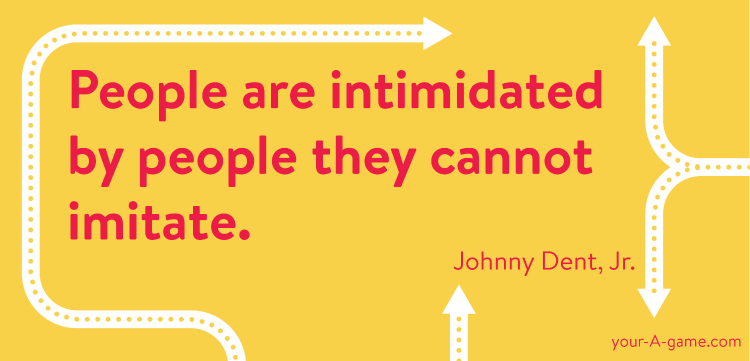
The place to process those bad feelings, however, is never in public where people are paying attention because you asked them to do exactly that. Talk to the mirror, phone a friend, or talk to your cat—don’t tweet, don’t lance your rage-boil on Facebook, not when you’re angry about the injustice of publishing. Anonymous venting posts are still a risk—the safer you feel, the more vile you’ll allow yourself to be, and eventually your IP address or verbal tics will get you busted. Worse, you might get away with it, and then you’re watering a poison garden that will eventually kill you. Only grow hemlock if you plan to drink it yourself.
Negativity can flow in the other direction as well, as authors often have a habit of self-flagellation. Modesty has its virtues, but leave your hair shirt at home. Same goes for oversharing. Freaky habits and peccadilloes can zip from quirky to awkward in 140 characters or less. Almost no writer can resist the impassioned status update when a book is going south, but let those eruptions be humorous mentions of your inspiring angst, not your play-by-play of how much you hate your book. The last thing you want to give hungry fans is the idea that the book you’ll ask them to swallow is a crap sandwich.
Words count. You’re a writer! In the same way you’d never speak poorly of a peer’s work, don’t undersell your own.
Instead of the bitter balm of negative commentary, consider how non-book topics reach and engage your potential audience. If the topic relates to your work—a gay romance author tweeting about marriage equality, for example—you’re reinforcing your brand. Discussing issues in your novels is wonderful; lambasting anyone who disagrees is not. And if you feel strongly enough on an issue you’re willing to lose readers over it, by all means, carry on. If not? Probably save that rant for the cat.
It’s okay, if you’re feeling brave, to wade in and get your hands dirty over a charged topic on occasion. If you feel passionately about an issue, plant your flag and be ready to either ignore the haters or engage them gracefully. Once you fill the space, you need to participate. Just remember these interactions are risks. Verify the rewards are worth it.
Part of being a great conversationalist is knowing when to shut up and listen. Staying out of the fray is almost never the wrong answer. You have asked your readers to participate in a conversation, and gracious beats right most days. Paying attention before and after you respond lets you fill the space positively. Instead of being bitter, be better.
Be wary too of the company you keep. Cattiness can be entertaining and rubbernecking is human nature, but when the world can see your name all over the squawking on a bitchy blog, or spies you whispering libel over drinks at the conference bar, the negativity will stick to you like tar.
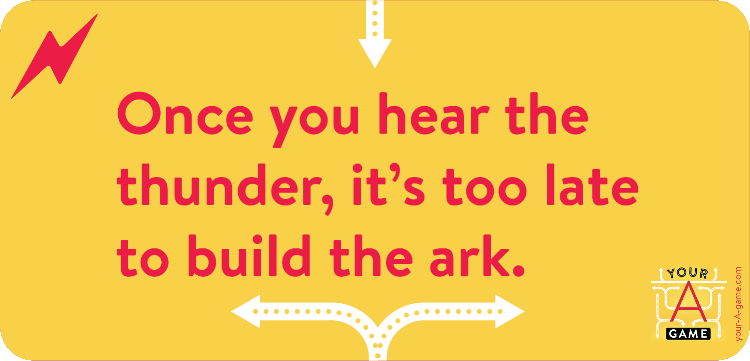
You never know who is watching, and as an author you’re a public figure. You might feel good about throwing down with that influential blogger or reviewer, but you have no control over how many colleagues and persons of influence they’ll tell about your crappy behavior—in places where you can’t defend your behavior as justified. Tales of bad manners do change plans and rescind invitations. The hissy fit you throw today might be the career opportunity you burn tomorrow. And next week, and next month as well.
Negative people need targets, so they inevitably leave craters in their vicinity. When the world doesn’t line up with their wishes, their envy, rage, and self-pity can rush in to scratch that itch for attention. The odds are good, especially if you achieve success, you’ll be the fresh road kill they steer toward.
When you do misstep—and you will—be gracious and self-aware. Apologize directly and sincerely, clarify the good intentions that caused the stumble, and move on. Sometimes people will enjoy your stumble and force you to relive it over and over. Just smile, manage your blush, and keep your chin up. Remember your friends, and learn from your mistakes. Make amends to people you’ve offended.
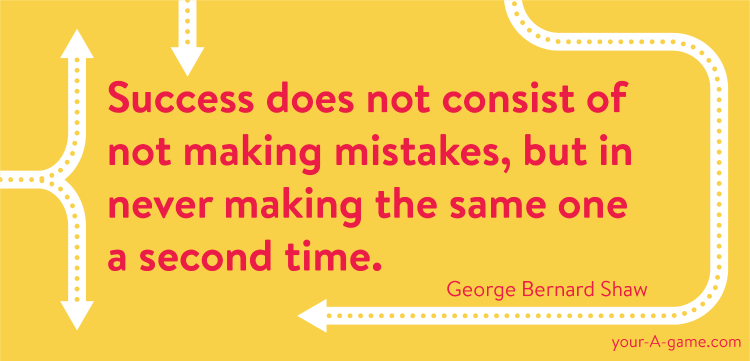
No weasel-speak! Any apology that includes the word “if” is not an apology. Take responsibility and make amends to the people you harmed. Go out of your way to show them you’ve improved yourself—and make sure you managed some improvement.
The Pollyanna strategy works as well. Some authors refuse to engage in online or conference gossip and focus all their energy on spreading sunshine. While everyone loves a scandal at first, the gentle voice of reason is equally welcome once the pitchforks seem too sharp. And even if everyone would rather keep sniping and snarking, it’s a rare and venomous snake who will take down the author who’s kept their poise and generosity. Nobody ever complains that Annie Author never gets her hands dirty. They call her a class act and wish they could stay out of the mud. Her missteps elicit instant forgiveness because her public persona protects her.
However you handle filling the negative space around you, your work must become the lighthouse keeping you on your path. Don’t let the juicy news at the water cooler keep you from the project on your desk. Don’t let the online or conference conversation taint your well of creativity. Above all, don’t be the source of the darkness.
Be known for your joy, generosity, and talent. Bleating about injustice or victimization is worthless masturbation unless you take clear action to improve the situation.
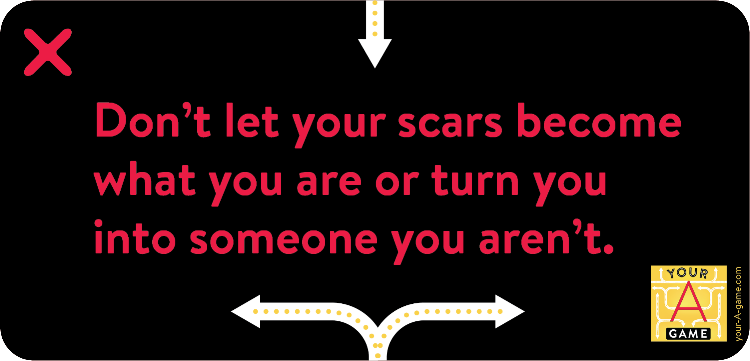
There’s an old riddle that asks, “What can fill a room and take up no space?”
Answer? Plenty of things: jealousy, hate, fear, rage, and doubt can fill up plenty of hollow shells inside and out. So can light and laughter and joy and beauty. Part of your public persona is an expectation of how you plan to fill rooms. Before you fill a negative space, consider the kinds of rooms that you want to enter and inhabit. Given the choice, folks will skip the “hateful” basement for the “delightful” ballroom any day. Be inviting. If you want people to join you, invite them. Create the career you want by attracting the fans you deserve. Make beautiful rooms. Make joyful rooms. Make wonderful rooms. The words have become common—Beauty-full. Joy-full. Wonder-full. Success-full—because they reveal a human truth. We build the world we inhabit one space at a time.
© 2016 Damon Suede & Heidi Cullinan, All Rights Reserved

